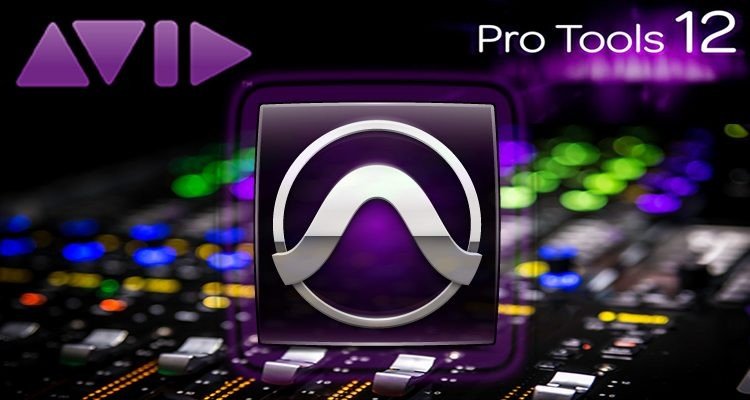

It’s tempting to come to the conclusion that gain staging doesn’t really matter anymore. No doubt about it, not having to worry about digital clipping within a DAW session gives us all a nice bit of breathing room. My heavens, what a day to be alive! I guess people can finally start making some good music, now that we don’t have to waste our lives away worrying about clipping. The advent of 32-bit and 64-bit recording has ushered in a new era of greater dynamic range, replacing the fixed point at which digital clipping was introduced (0 dBFS) with a floating point that allows limitless gain with no clipping. Things Have Changedįast forward to the present day, and things have changed a bit. The arrival of digital recording technology meant that noise floor became less of an issue, but the harshness of digital distortion and clipping ensured that gain staging best practices were still a must for engineers. The balancing act required to stay in that sweet spot is gain staging.

It’s like the difference between putting a nice char on the outside of a steak and burning it through entirely. Though small amounts of analog distortion can really add something to recordings when used artfully, overdoing it can cause tracks to become unusable. Engineers had to keep the signal hot enough to stay above the noise floor introduced by just about every piece of gear in the signal chain (especially the tape machine), but not so hot that it would begin to distort or even clip. The practice has its origins in the olden days of analog recording. The goal is to set levels at each point of amplification so that the following point receives an ideal level of signal. “Points of amplification” can include preamps, channel faders, plugins or hardware signal processing - basically anywhere you have the option to adjust volume as signal passes through. In general terms, gain staging is about adjusting the volume at each point of amplification a signal passes through on its way to the master buss. For that reason, it’s probably worth it to start by asking: What is Gain Staging? If the concept of gain staging is new to you, it might be a little difficult to understand why there’s even a conversation to be had about it. In this article, I’m going to make the case that yes, proper gain staging is still important, but that the landscape has most certainly changed. There has been some debate about the merits of proper gain staging in recent years, with message board gladiators having it out over whether old rules still apply in the digital era.


 0 kommentar(er)
0 kommentar(er)
